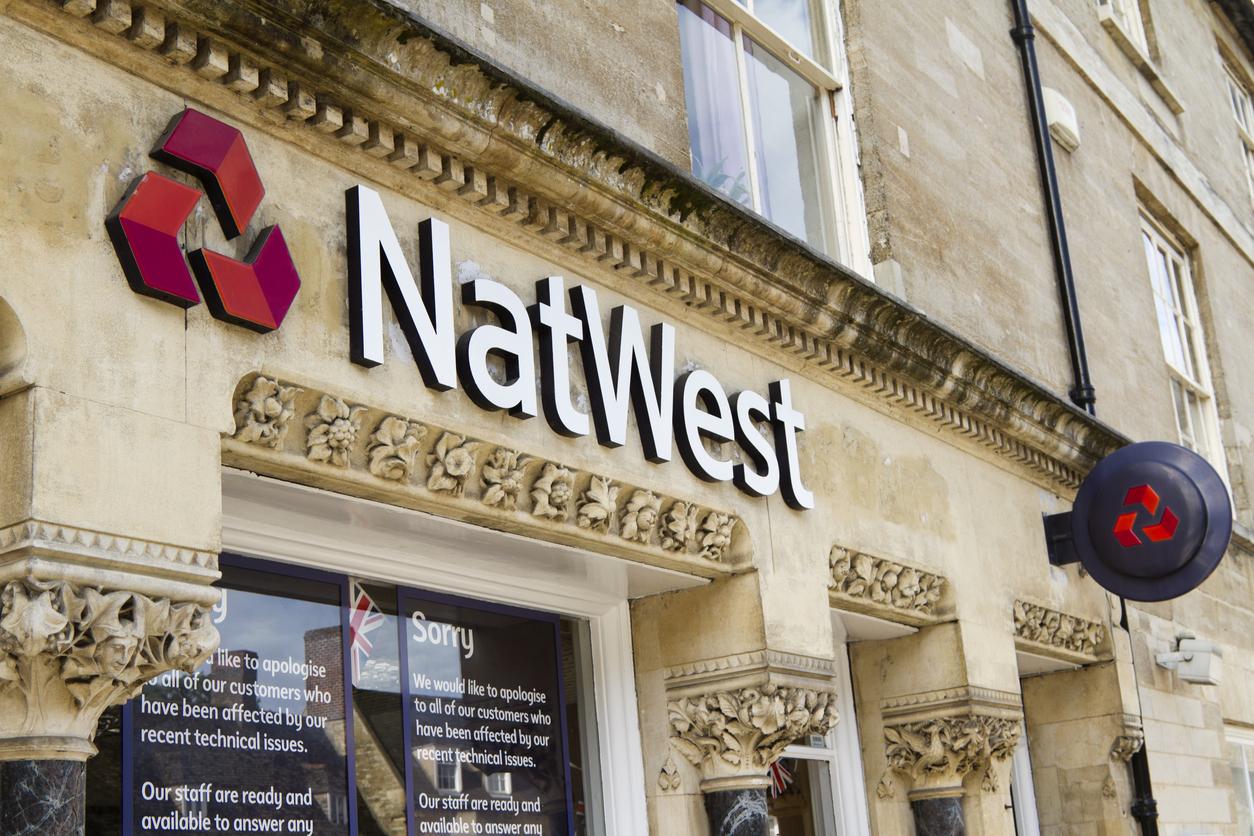RBS branch closures can't simply be written off as a 'business decision'
Some 259 RBS and NatWest branches are slated for the axe potentially leaving customers in the lurch

If looked at only through the narrowest of lenses, it’s hard to refute business logic behind Royal Bank of Scotland’s decision to axe 259 branches – 197 NatWest and the rest RBS – even if it does mean the loss of 680 jobs.
They’re expensive to maintain and every year fewer and fewer people make use of them, preferring instead to bank via their computers and mobile phones, something banks are keen to encourage.
Even efforts to make them pleasant – comfy couches, soft music, free coffee and baskets full of sweets and biscuits – haven’t proved sufficient to slow the trend.
As such, their closure is inevitable. Now kindly move along, nothing to see here.
The problem is that while it’s true that fewer people are using them, they are still relied upon by a signifiant number of the bank’s customers, some of whom are quite vulnerable.
Meanwhile, those who would respond to that with the “yes but they’re businesses not charities and as such if its not economic it gets closed” argument are missing a crucial point.
Banks are not “just businesses”. They are tightly regulated providers of essential services, services that modern life is all but impossible to live without.
Regardless of what they might like to tell you, and what politicians and regulators might like to tell you, they also enjoy a very valuable concession from the state through doing that. They operate with the benefit of a de facto guarantee. They were big too fail during the financial crisis. They are too big too fail now.
The international money markets are well aware of that fact, which makes their borrowing costs lower than they are for more normal businesses that don’t enjoy the same privilege.
So, when they opt to close what is, for many, a vital resource on “business grounds”, it is absolutely legitimate to consider the social impact and ask whether the closures can be justified on those grounds too. All the more so with RBS, given the vast amount of state funds sunk into the institution to keep it afloat.
The alternatives to branch-based banking are suitable for, and preferred by, many people. But they are not suitable for all. It is also true some banks don’t have the facilities in place to allow customers to do everything they can via phone/the internet that they can do via a branch.
So no, this cannot just be dismissed as just a business decision, and the inevitable consequence of consumer preferences.
It is an act by a state-backed institution in a state-backed industry that may have a highly negative impact upon affected communities.
More than 1,000 bank branches went last year. This year may end with a similar number having gone when the final numbers are totted up. Next year? More still.
This is something that demands a wider discussion.
Join our commenting forum
Join thought-provoking conversations, follow other Independent readers and see their replies
Comments
Bookmark popover
Removed from bookmarks